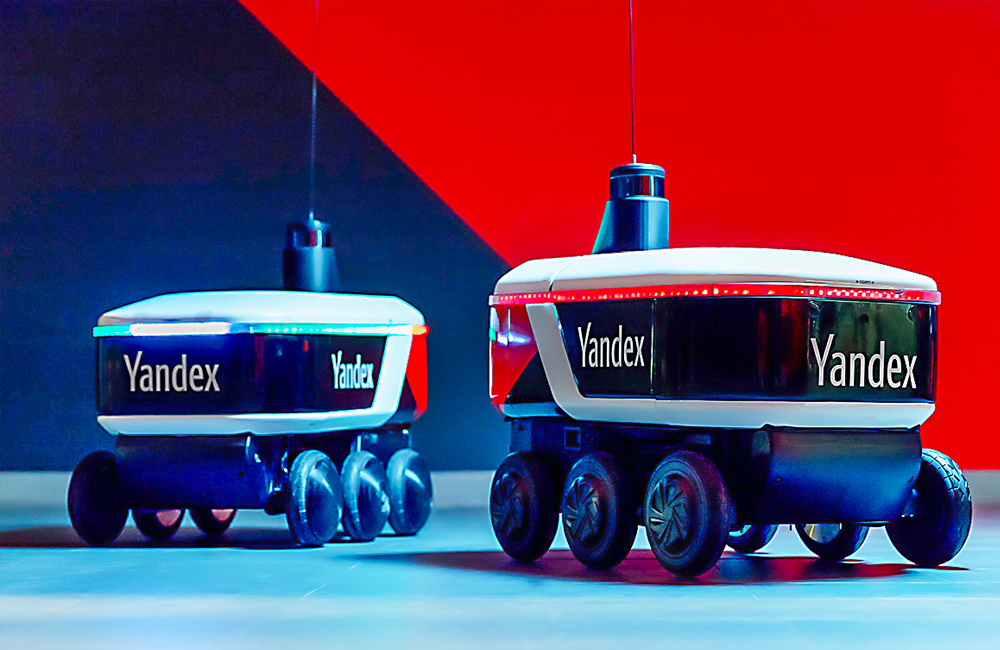As driverless technology advances step by step, that technology has been used in the delivery of goods, especially the development of driverless delivery vehicles. These self-driving delivery vehicles include Yandex Rover. Yandex Rover is an unmanned delivery vehicle in the final stages of testing by Internet technology giant Yandex.
Yandex Rover delivery vehicles, capable of carrying small packages, are delivering goods on the premises of the Yandex company in Moscow. Yandex Rover has back-end controls as it is currently in testing. However, Yandex Rovers are fully self-driving delivery vehicles, the Yandex company said. Yandex Rovers can detect objects. You can design the route of delivery of the product.
Pedestrians It can stop them from colliding with animals. It can bypass obstacles and can move around even in the dark. Being able to develop Yandex Rover has led to advancements in self-driving vehicle technology. new challenges; It is said that only existing technologies are used for the new vehicle, which includes different sensors. Therefore, it will not take much time for an unmanned delivery vehicle like Yandex Rover to appear, said Dmitri Polishech, head of the unmanned vehicle department at Yandex. In addition, vehicles such as Yandex Rover will be able to be used in various ways in the future and will become essential items in the goods delivery sector, Dimitri Polishech added.
In the future, Yandex Rover will be used to deliver orders for Yandex. Eats, a food delivery subsidiary of Yandex. Yandex Lavka services deliver products to customers and It will also be used to transport goods from the Biru market. In addition, Yandex Rover has the right to be purchased by other companies, the Yandex company said. Yandex is not the first company to develop an unmanned delivery vehicle. In the United States, Starfish Technology Company is already using robots to automatically deliver food products.
Those robots will soon roam university campuses across the country. A San Francisco-based start-up has already tested delivery robots in more than 200 cities and 20 countries. Last summer, the distance traveled by these robots was 350,000 miles. More than 4 million routes and 100,000 times cargo transportation have been done. Therefore, as driverless technologies become popular, the use of unmanned vehicles in the delivery of goods is also becoming widespread, and there is a possibility that in the future, only robots will be used to deliver goods to homes.
